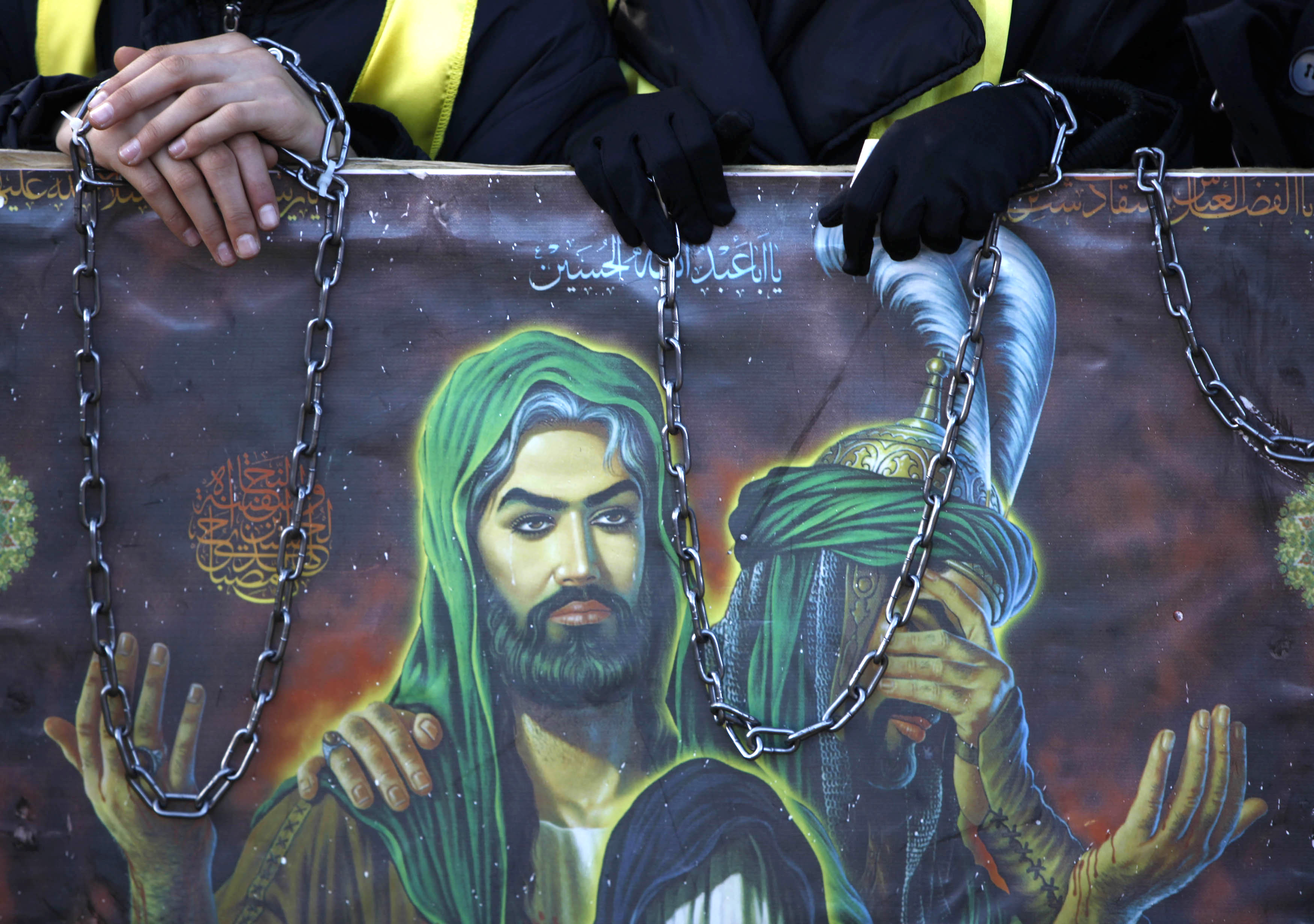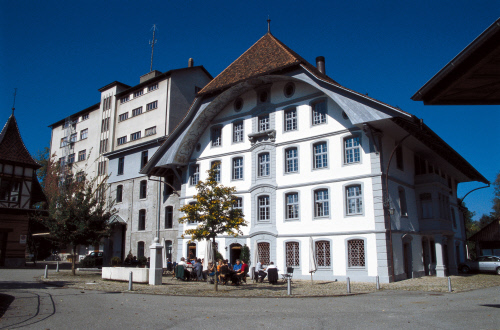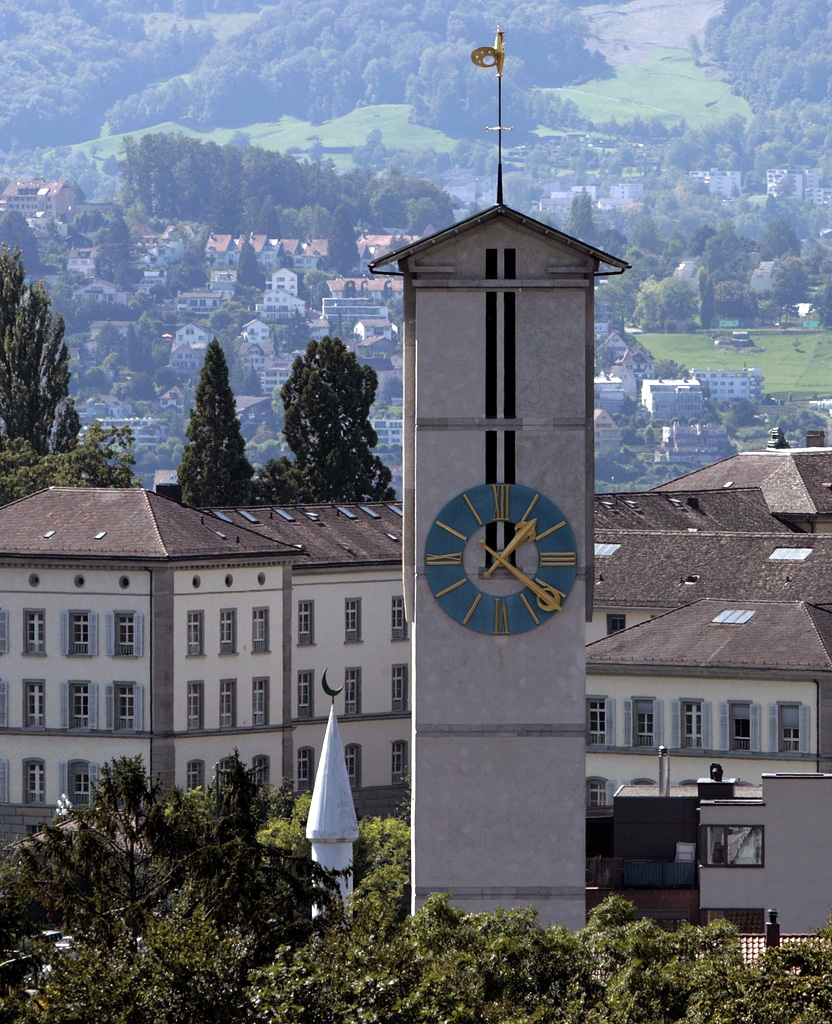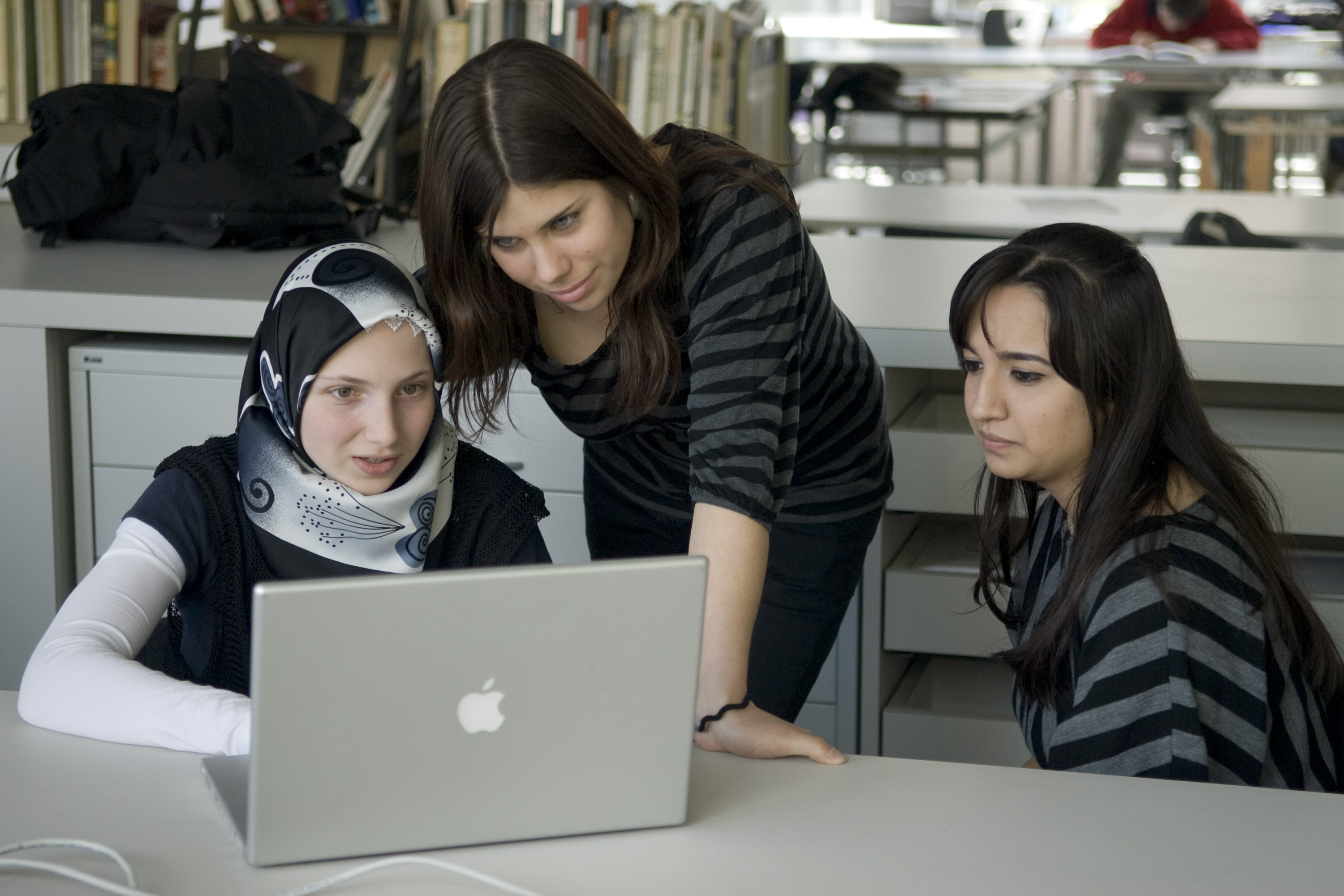What divides Sunni and Shiite Muslims?

Tensions and violence between Sunni and Shiite Muslims are often in the news in countries like Iraq, Pakistan and Bahrain, but why are they at daggers drawn?
Swiss Middle East expert Arnold Hottinger, tells swissinfo.ch that the split between the two goes back far into Islamic history, but that the conflicts today are driven by extremists from both parties.
Hottinger was for many years the Middle East correspondent of the Neue Zürcher Zeitung newspaper and has published many books on Islam and the Middle East.
swissinfo.ch: How did it come about that a Sunni minority should rule over a Shiite majority, as for example in Bahrain, where there are currently popular protests?
Arnold Hottinger: This is a matter of power which has historical roots. Bahrain has a Sunni government but the majority of the population – 70 per cent – is Shiite. The example of Iraq, which also has a Shiite majority, can be easily explained in the same way.
Iraq belonged to the Ottoman Empire. The Turks were Sunnis and installed a Sunni governor in Baghdad. Later, when the British were in power in Iraq, they kept the Shiites down and promoted the Sunnis.
But in North Africa, where the revolutions started, the difference between Shiites and Sunni has nothing to do with it. The population there is Sunni.
swissinfo.ch: How did the religious community become divided?
A.H: Early on in Islamic history there was a political discussion about who should lead the Muslim community. The Muslims who are now known as the Shiites thought that the descendents of the Prophet should head the community, but those now known as Sunnis believed that the leaders should be those who were most capable.
swissinfo.ch: Does that mean that all the Shiite Imams are descended from the Prophet?
A.H: No. There were no direct descendants left by around the ninth century. The Shiites believe that the last Imam has disappeared into eternity and will return. This is a kind of Messianic belief, as is also found in Christianity. He will return at the last judgment and before that, the clerics are his representatives. The clergy has however developed differently in the different countries.
Iran is the only Shiite state. There the belief has developed that each of the faithful should choose a spiritual leader. If a cleric has many followers he may be called an Ayatollah.
It is important to point out that the Iranian Shiites are very different from the Arabic-speaking Shiites.
swissinfo.ch: In what way?
A.H: The Persian Shia Islam is strongly mixed with the ancient religion of Zoroastrianism. The Persians, today’s Iranians, have a different language, history and culture.
swissinfo.ch: How are Sunni states developing?
A.H: The state plays a much bigger role in Sunni Islam because the Sunnis believe the person best fitted to head the state, the Righteous One, is the legitimate successor to the Prophet. He is called a Caliph in Sunni Islam. He is not descended from the Prophet but is the one whom God has chosen as successor because of his political success.
swissinfo.ch: How is it that Sunnis and Shiites are fighting each other so bitterly in places like Pakistan?
A.H: This has to do with fundamentalism – there are fundamentalist currents in both branches of Islam. These are driven by people who adhere to a literal interpretation of both the Koran and sharia [Islamic religious law]. Violence comes when the Sunnis in Pakistan exaggerate this interpretation and call the Shiites heretics.
You find fundamentalists everywhere. Just look at the evangelical protestants in the United States who reject Darwinism. These are, in my opinion, also fundamentalists. And there are numerous other fundamentalist groups, in every religion, including Catholicism.
swissinfo.ch: Are there differences between the rules concerning the Islamic headscarf for women between Sunnis and Shiites?
A.H: This issue has nothing to do with the difference between Shiites and Sunnis, as here it also depends how fundamentalist the view is of the religion. Khomeini, for example, was very fundamentalist and ordered the veil to be made compulsory again in Iran.
swissinfo.ch: Are Muslims in Switzerland Sunni or Shiite?
A.H: Almost all are Sunnis. Muslims from the Balkans are Sunnis, as the Balkans were part of the Sunni Ottoman Empire. But of course, it’s not impossible that the odd Shiite comes here as a tourist (laughs).
Born in 1926, he grew up in Düsseldorf and Basel. Followed Oriental and Romance studies in Zurich, gaining his PhD in 1952.
He did further studies in Paris, Chicago, Cairo and Beirut.
Hottinger speaks fluent Arabic and six other languages.
He was the NZZ’s Middle East correspondent from 1961-1999, based in Beirut. He later worked out of Madrid and Nicosia.
He has written several books about Islam and the Middle East, and continues to contribute to the media as an expert on these subjects.
The Muslim community in Switzerland accounts for about 4.5% of the population.
Most Muslim immigrants came from the former Yugoslavia and Turkey. The community includes up to 100 nationalities.
The number of Muslims doubled between the censuses of 1990 and 2000, largely boosted by an influx of refugees and asylum seekers, including from the war in the former Yugoslavia.
The 2000 census found that just over 88% of Muslims living in Switzerland were foreign. Of those with a Swiss passport, just under 4% had held it since birth.
In 2000 39.2% of Muslims were under 20 years old (the figure for the population as a whole was 22.9%)
There are no official figures for the number of converts; it has been estimated to be about 10,000, of which the vast majority converted to marry a Muslim.
(Translated from German by Isobel Leybold-Johnson)

In compliance with the JTI standards
More: SWI swissinfo.ch certified by the Journalism Trust Initiative




You can find an overview of ongoing debates with our journalists here. Please join us!
If you want to start a conversation about a topic raised in this article or want to report factual errors, email us at english@swissinfo.ch.